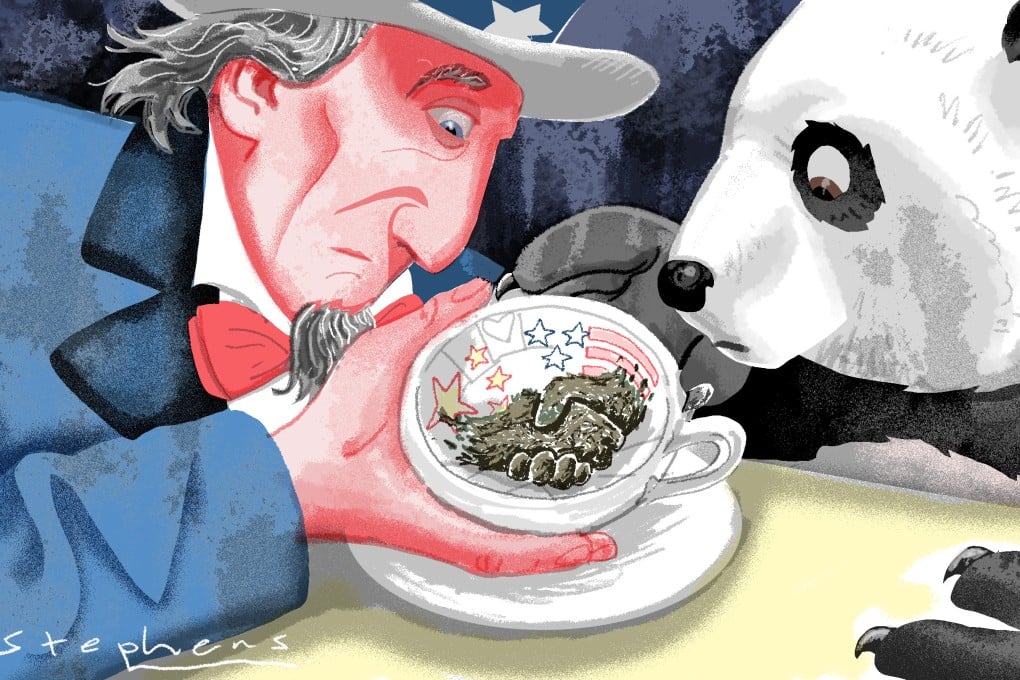Opinion | A thaw in China-US diplomatic relations? We can only hope
- Recent overtures by Chinese diplomats in Singapore, Hong Kong and Sydney, as well as displays of America’s friendlier side by its new ambassador to China, can’t help but inspire some optimism

An unexpected invitation came via email last week that will prove either of no more import than any of the other stuff in my inbox, or instead a tea leaf to be read and analysed with care and an open mind.
It was an invitation to join an unofficial “exchange of views” with “some scholars” regarding “mainly Sino-US relations” over lunch at the large People’s Republic of China consulate building in Los Angeles. I will not take the invitation lightly.
Back then, relations with the Chinese staff were usually businesslike and often cordial. You could and would agree to disagree, but with mutual respect.
Then, roughly a decade ago – while there is no way of quantifying it – there came a new coldness out of Beijing. Here in otherwise mellow California, fellow journalists and academics were dismayed, including a few in Los Angeles I knew personally.
One journalist had in principle accepted a guest teaching role warmly extended by an internationally respected Chinese university. That was in 2014. But then the project was put on hold, where it remains today.
